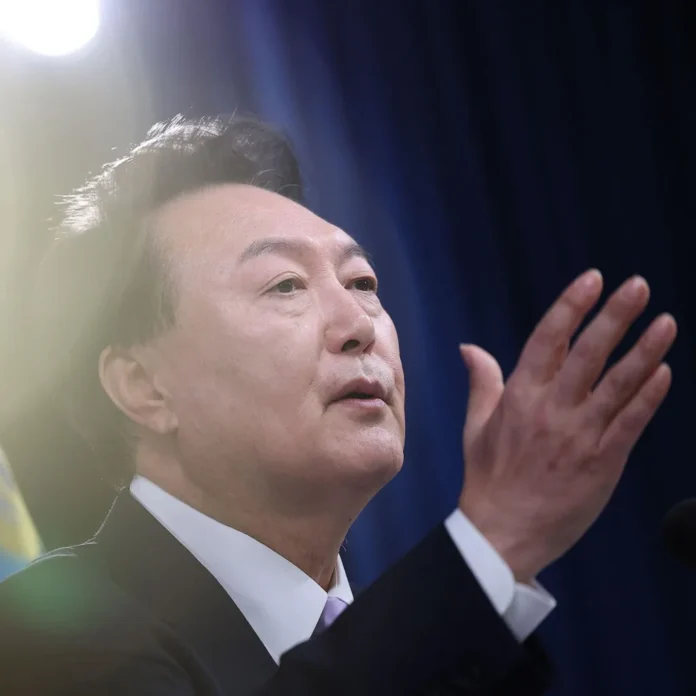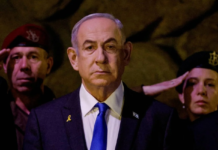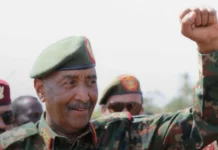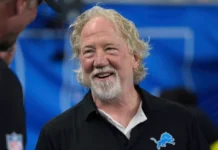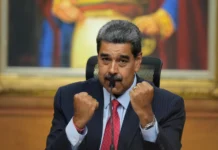On Friday, South Korea’s Constitutional Court delivered a historic ruling: President Yoon Suk Yeol had overstepped his authority by declaring martial law in December, leading to his permanent removal from office.
The news sent shockwaves through a nation renowned for its stable democracy, cultural exports like K-dramas, and technological leadership. South Korea was hardly the place anyone expected to see a military-style power grab.
So when Yoon ordered the military to seize control, the country – and the world – was blindsided. From everyday citizens to global leaders, one question echoed: What was he thinking?
Yoon appeared to have misjudged the depth of opposition — from the public, the military, and lawmakers. Just six hours after announcing martial law, he rescinded the order.
To understand what led a once-respected prosecutor — known for his strong moral compass and commitment to justice — to attempt an authoritarian maneuver, the BBC spoke with those who know him best: his friends, aides, and close confidantes.
From his early years, Yoon was fiercely driven. His childhood friend Chulwoo Lee, reflecting on their relationship in the days following the incident, described Yoon as “obsessed with winning.”
“When he sets his mind on something, he pursues it with extreme intensity,” Lee said.
The two met in primary school and later studied law together, before Yoon embarked on his legal career. According to Lee, Yoon was the tallest student in class and would sit at the back so he wouldn’t block anyone’s view.
Despite rumors that Yoon was academically weak — largely due to the fact it took him nine tries to pass the bar exam — Lee insists that’s misleading. “He was both popular and intelligent,” he said.
Yoon’s dramatic rise and fall now stand as a cautionary tale in South Korea’s modern history — a reminder of how ambition, unchecked, can unravel even the most disciplined of careers.









